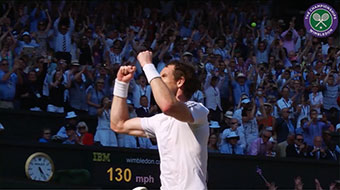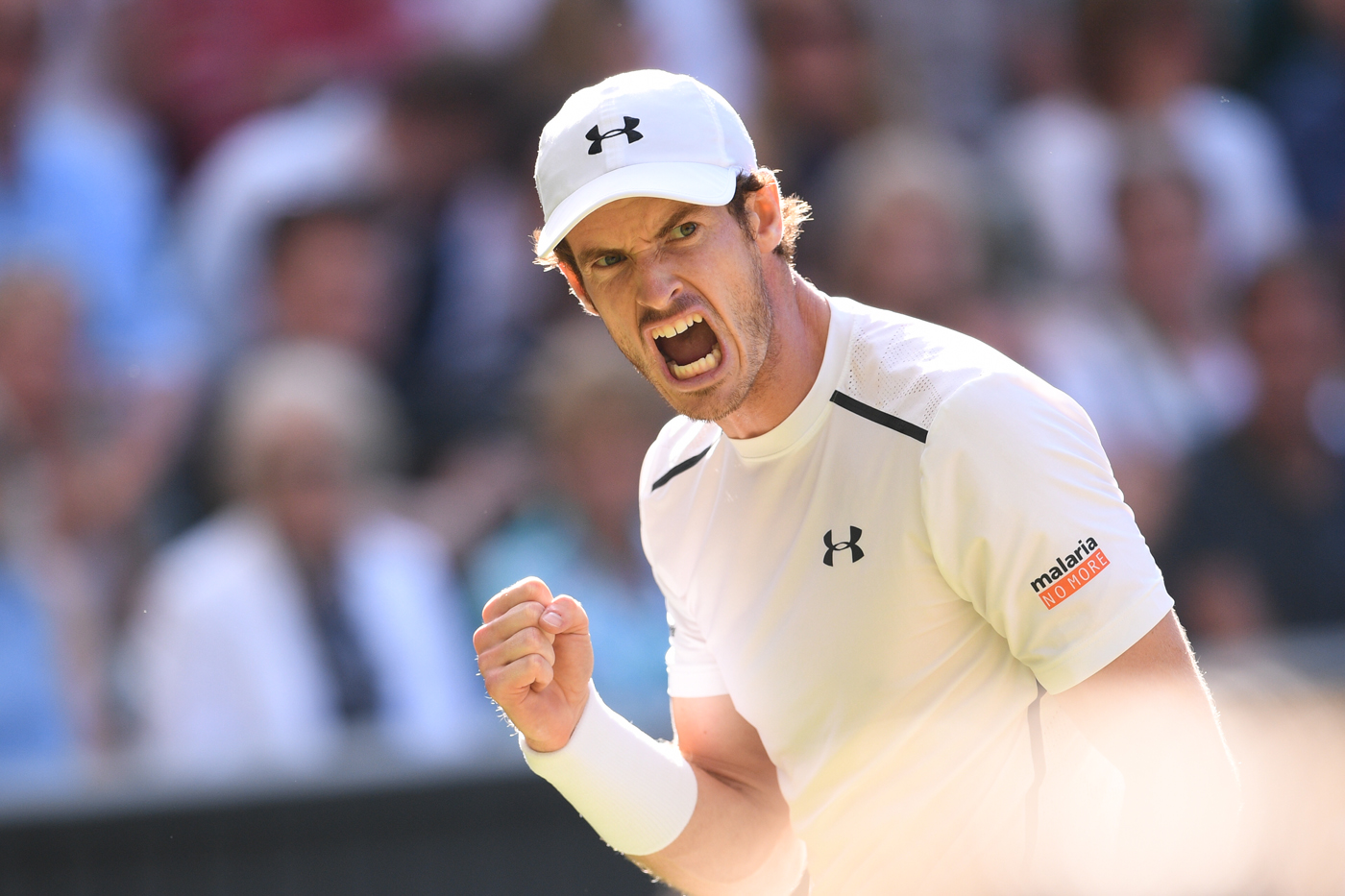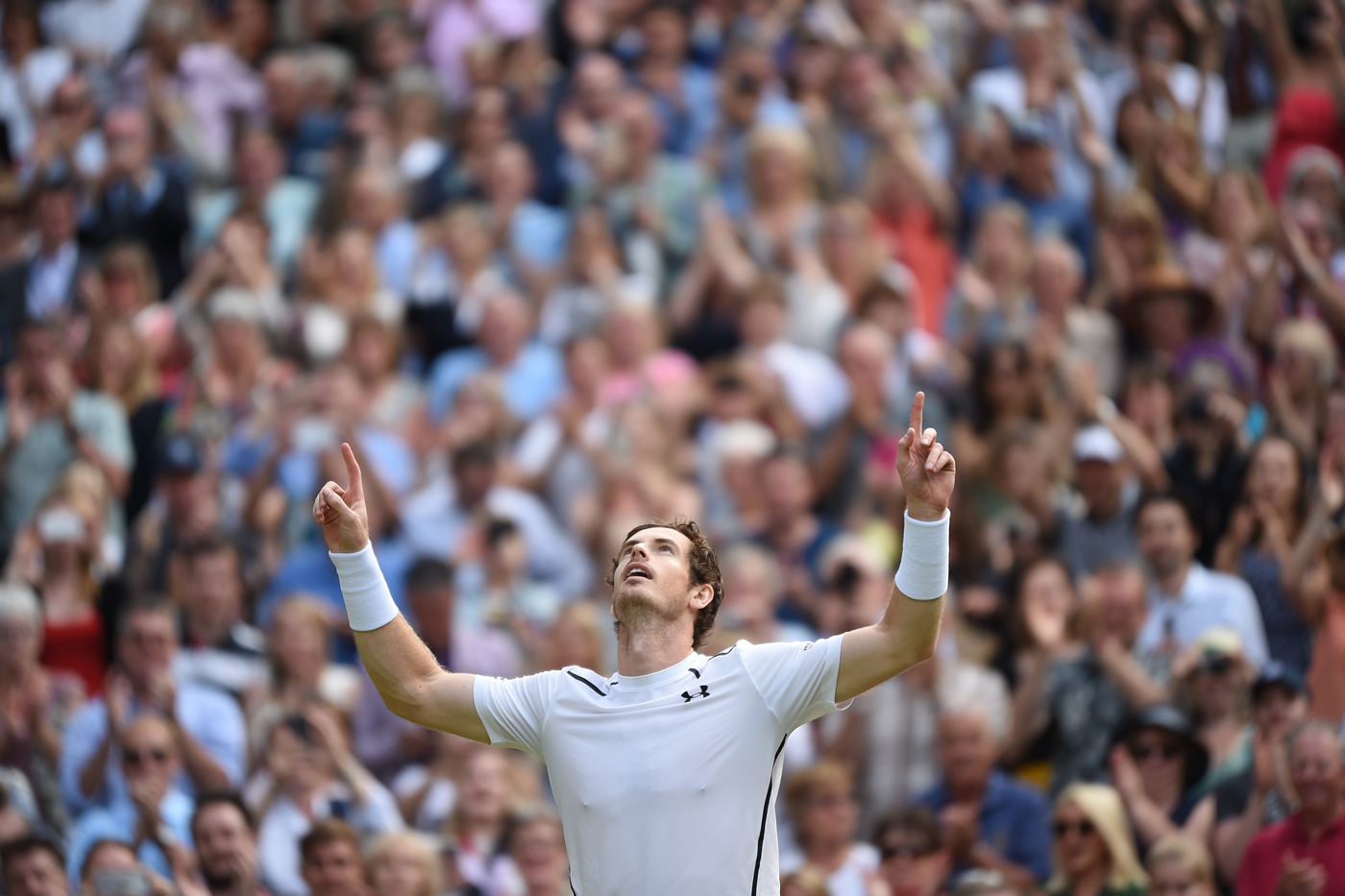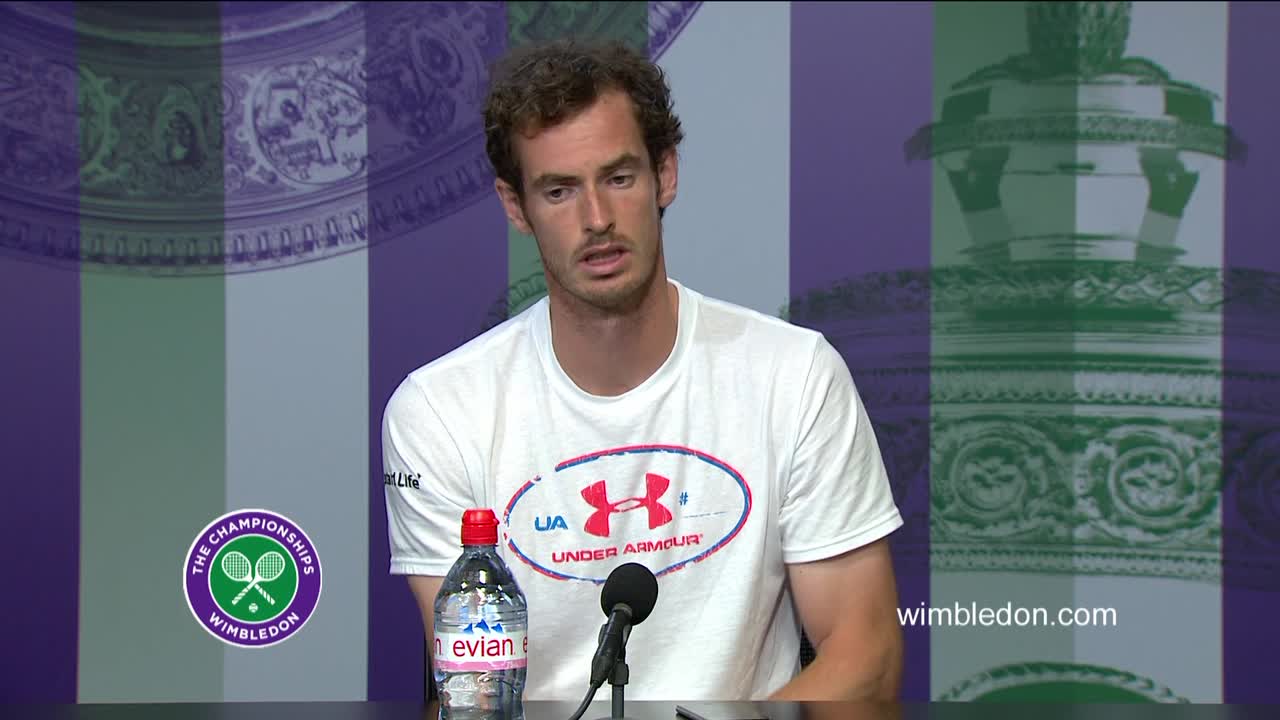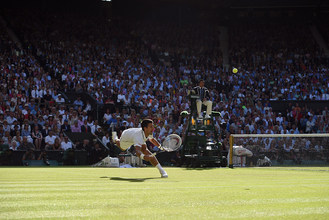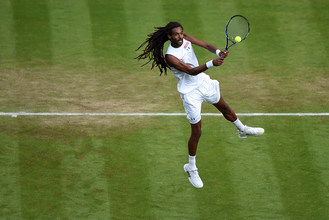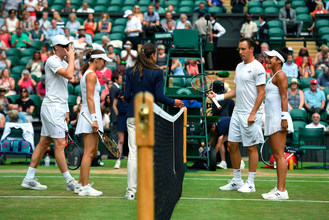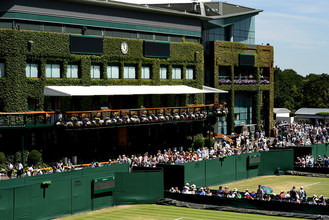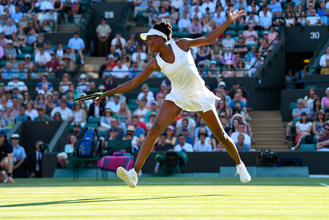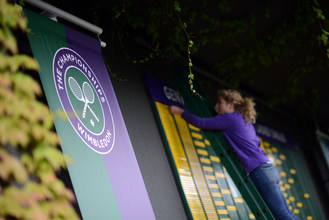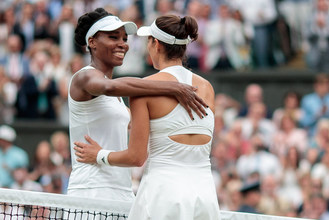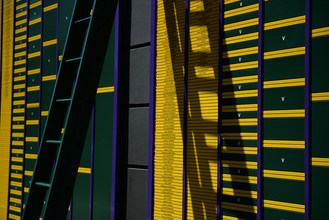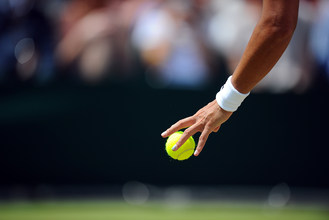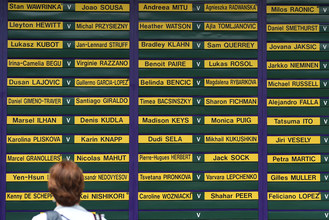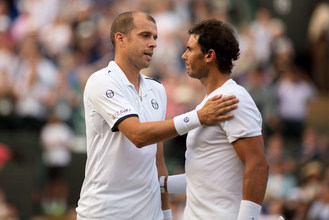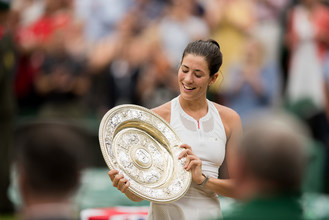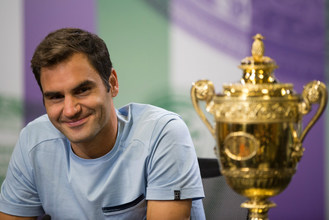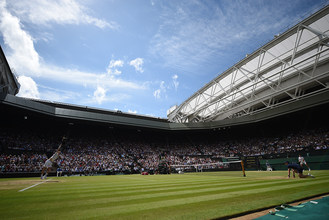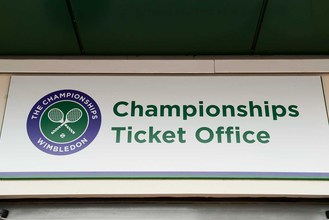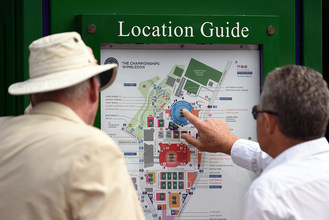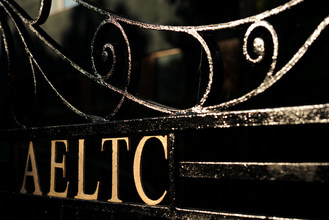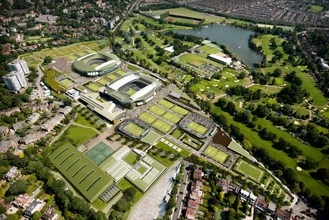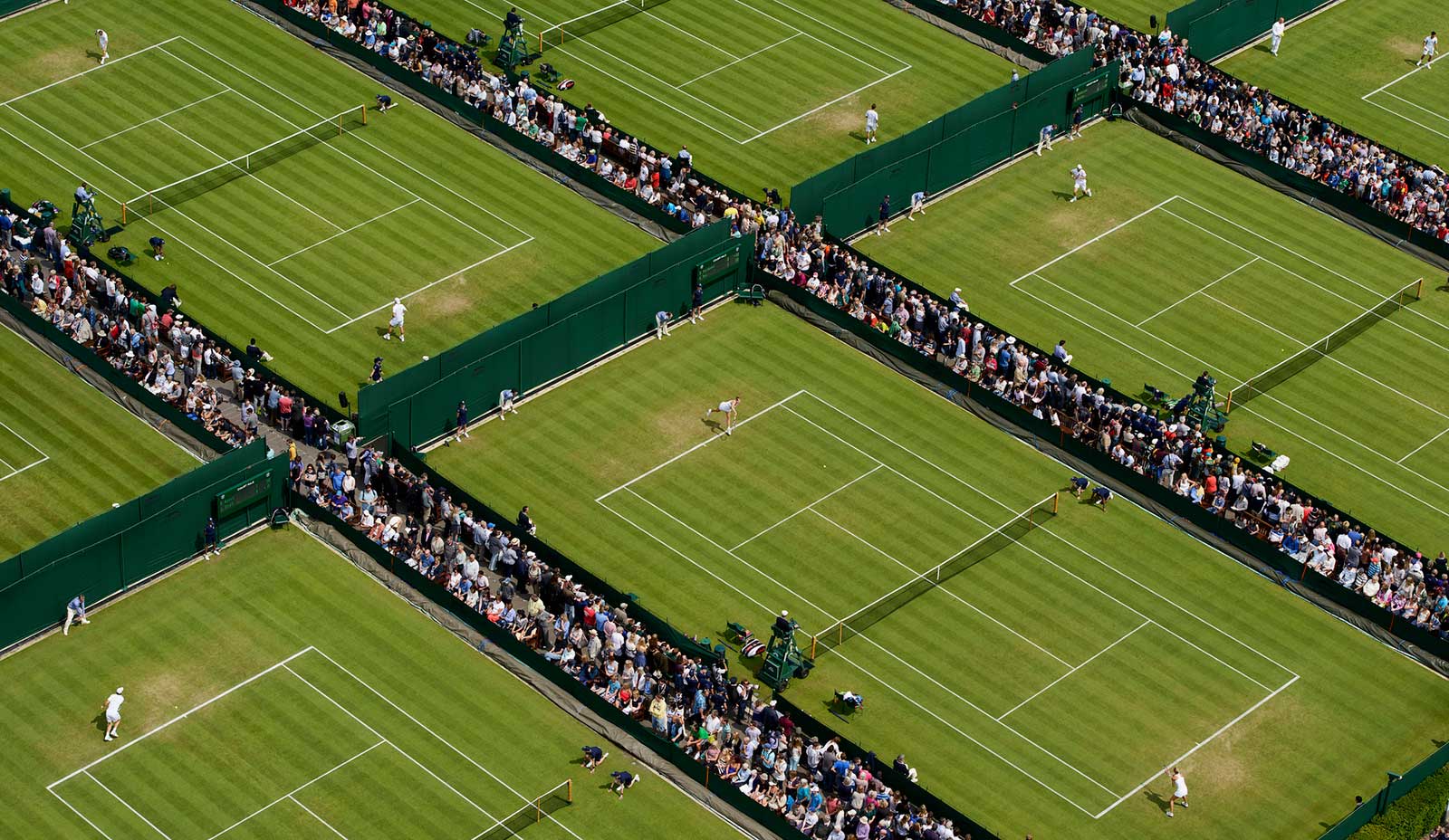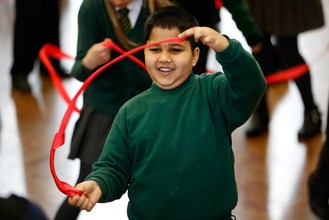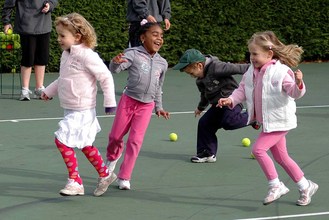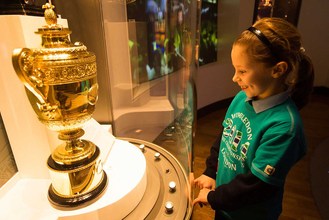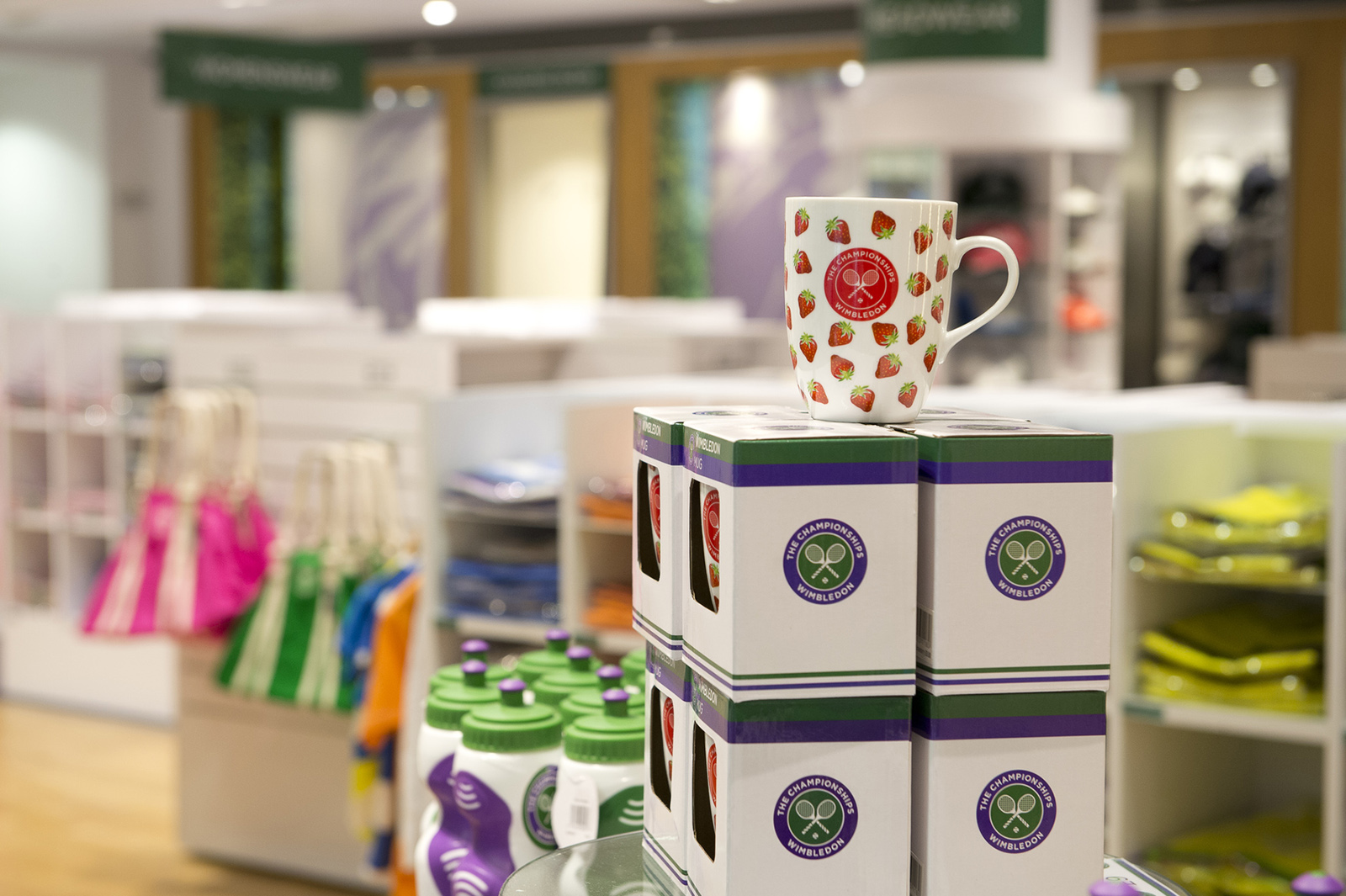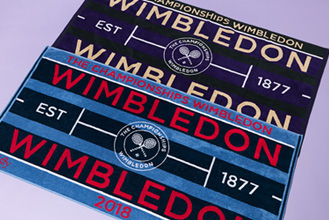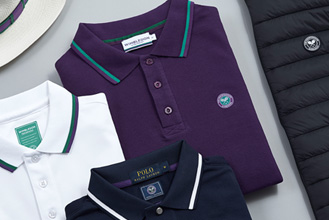“I’m pumped, obviously,” said Andy Murray on defeating Tomas Berdych in straight sets to reach the Wimbledon final. And yet it was a quiet calm that seemed to settle over the Scot.
“Maybe (it’s) because of the way the match went,” added Murray, who on Wednesday eked out a five-set quarter-final win over Jo-Wilfried Tsonga.
“Today was obviously fairly, you know, quicker, there it wasn't as many complications. I feel fairly calm.”
The subdued, even serious, response was understandable in other ways too.
For Murray, of course, has been here before - many times in the context of the 11 Grand Slam finals he’s contested in his career. A third Wimbledon final places the 29-year-old in the company of Andy Roddick, Stefan Edberg and John Newcombe for 10th-most appearances in the Open Era list.
But most pertinent for Murray is that he’s been a Championship match contender in every other Grand Slam of 2016. Novak Djokovic was the victor on both those occasions and with the world No.1 eliminated early at Wimbledon, No.2 Murray has arguably created his best opportunity to capitalise at SW19.
“Obviously (it’s) the first time I'll play a Slam final against someone that isn't Roger or Novak,” said Murray, who will instead face Milos Raonic, a winner over seven-time champion Roger Federer in the other semi-final. “So, yeah, that's different.”
With favouritism comes pressure but the Scot is well-versed with that. Runner-up to Federer in 2012, Murray managed expectations superbly the following year as he defeated Novak Djokovic 6-4, 7-5, 6-4 to become the first local man to win a Wimbledon singles title since Fred Perry in 1936.
The pressure has come this Wimbledon too, Murray swatting away the talented Nick Kyrgios in a much-hyped fourth round before his five-set test against Tsonga.
A 6-3, 6-3, 6-3 win against Berdych completes an 11-match winning streak, Murray having warmed up for The Championships with a record fifth title at Queen’s, where he defeated Raonic in a three-set final. Their Wimbledon final, which will be a 10th career meeting, thus becomes a fascinating re-match.
“I think it can help,” said Murray. “I mean, we played a few times this year. We played on all of the surfaces. You know, there are things that all players will do differently depending on whether they're playing on clay than grass.
“It helps to have played a match against him on the grass. You know, see some of the things he's doing on this surface a little bit differently.”
In many ways it will be a contest of contrasts, Raonic known for his big serve and Murray renowned for return. There’s also the matter of youth and experience, the 25-year-old Raonic preparing to contest a Slam final for the first time.
It provides a potential advantage that hasn’t escaped Murray’s notice.
“I hope that’s an advantage,” said Murray, who remembers the rush of contesting his first major final as a 21-year-old at the 2008 US Open. “It just didn't feel like there was loads of time to sort of settle down and sort of prepare for it. I remember it went by fairly quickly.
"Playing a Slam final obviously is different. There's a little bit more riding on the match. That's what makes these events special.”
Also special for Murray is that he has another chance to again match Fred Perry, who won multiple Wimbledon titles from 1934-1936.
“Wimbledon for a lot of the players, but for British players growing up, this is the biggest competition,” he said. “To get to play in front of a home crowd in a Grand Slam final is very, very rare. There's not many players that get the opportunity to do that.
“This one always feels a little bit more special.”
In his 11th Wimbledon, it only becomes more special, Murray noting the elusive nature of success.
“I guess the tournaments start to mean more to you the older you get and you start to appreciate the history of the events probably more as you get older. When you're 18, 19, you're probably not as aware about those things.
“It never feels normal. I never take it for granted. I know how difficult it is to make the finals of these events and how hard they are to win.”
It’s a sensible outlook that highlights an important mindset: while honoured to compete in another major final, an understated Murray clearly hopes that the main celebration is still to come.

